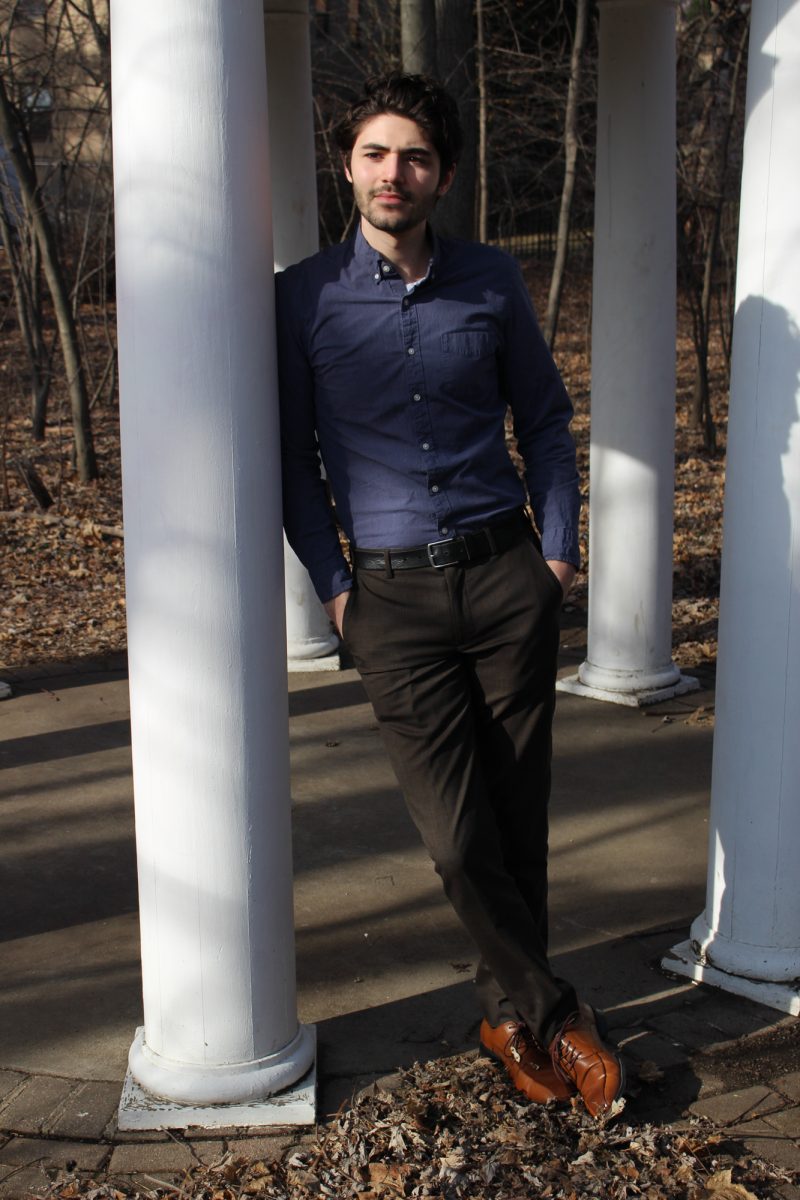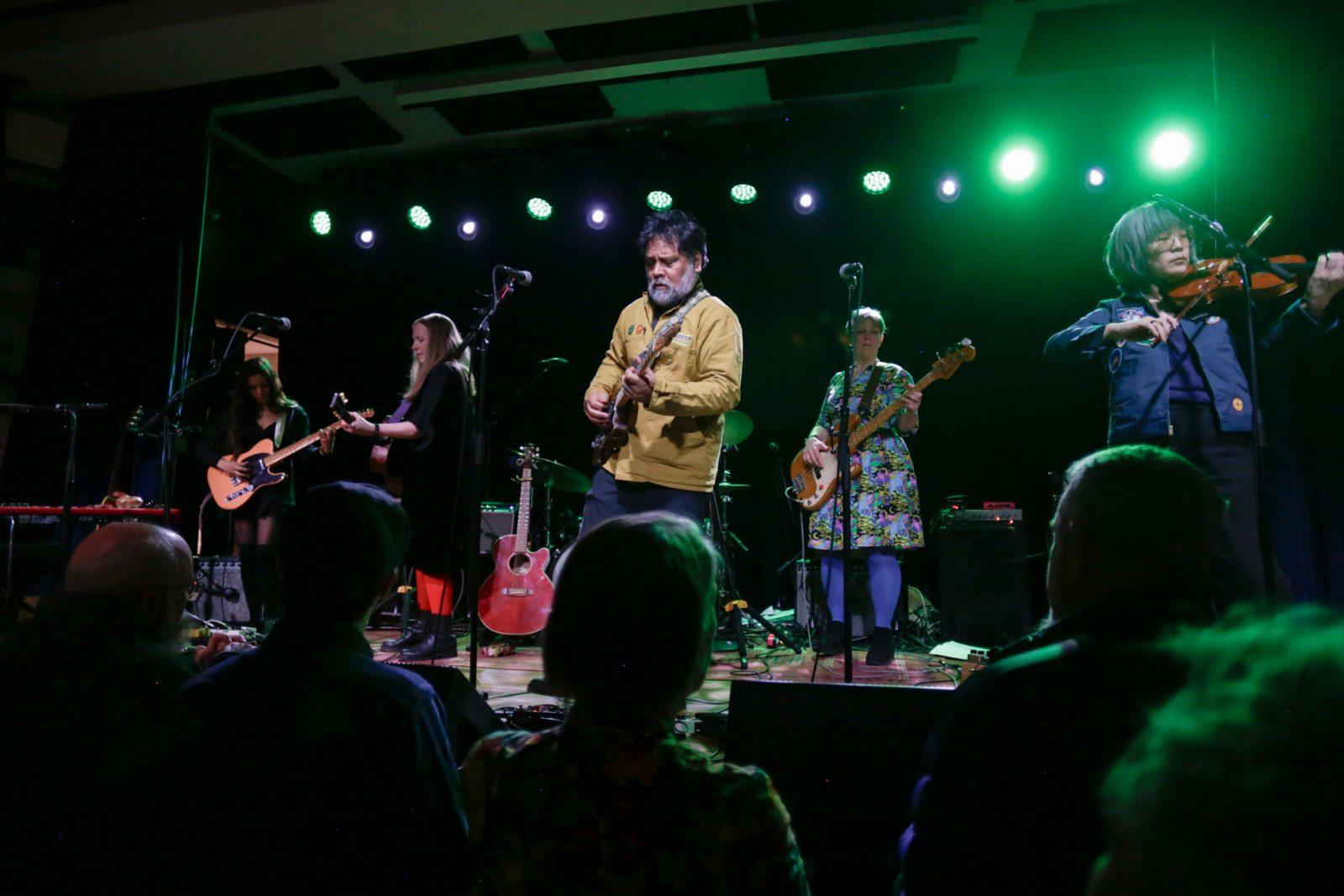Student Union President Adil Yunis came under fire at the first General Assembly meeting of the semester held last night in the Photonics Center.
Non-voting members of the GA criticized Yunis and the Union for failure to make medical amnesty a more prominent issue at meetings and slow progress in drafting a medical amnesty proposal — which would ensure students who reported problems after using drugs or alcohol would not be prosecuted by the administration.
“You don’t get more put-on-the-back-burner than three sentences at the end of a two-and-a-half hour meeting,” said College of Communication senior Peter True, referring to Yunis’s brief mention of medical amnesty in his Executive Board report and Campus Safety Committee report. “Leadership needs to be exercised on important issues. There needs to be an overall voice, and I think it’s lacking.”
In response, Yunis cited last semester’s student-resident tensions in Brookline as a reason for slow progress on the medical amnesty issue.
Brandon Epstein, a Daily Free Press columnist who resigned his Union position as director of public relations last week, voiced concern about the Union’s slow response to medical amnesty, but emphasized the Union’s various committees are doing important work.
“I’m a big proponent of [the work done in] committees,” the School of Management junior said. “We’re really on track with the small things. We’ve just fallen into a trap where we tend to focus on one major issue. It seems like Brookline was an excuse for not getting to this earlier. We should have talked about medical amnesty earlier.”
In light of a medical amnesty meeting held last week between committee chairs, cabinet directors and e-board members, Epstein raised the issue of transparency, because the Union has not opened the discussion or publicly announced the meetings to students.
Yunis said all students are welcome at Campus Safety Committee meetings, assuring audience members that the next medical amnesty meeting would be publicized.
The College of Arts and Sciences senior also emphasized the large amount of research that goes into a medial amnesty proposal, and said some GA members had completed much of it over winter break.
“We spent the bulk of break looking at other universities’ policies and . . . Massachusetts law,” Yunis said. “We have a pretty good framework.”
Yunis said this framework will be presented at the next GA meeting, with a proposal to follow in February. Other proposals, including the Union’s joint proposal with the Environmental Student Organization focusing on sustainability, will be presented in the coming weeks as well.
This timeline varies from the one Yunis presented in a Dec.12 letter to the Daily Free Press, in which he assured readers that “the proposals will be finalized over the coming break.”
Yunis said the ESO needed more time to gain student support for its proposal, and the Union needed to strengthen its medical amnesty proposal.
The Union approved two proposals — one from the Technology Committee concerning a new file sharing awareness webpage, and one from the Academic Affairs Committee concerning a new Source Guide website.
The Union has also been successful in its push to install more blue light emergency call boxes around campus, the first of which will be installed next week.













































































































